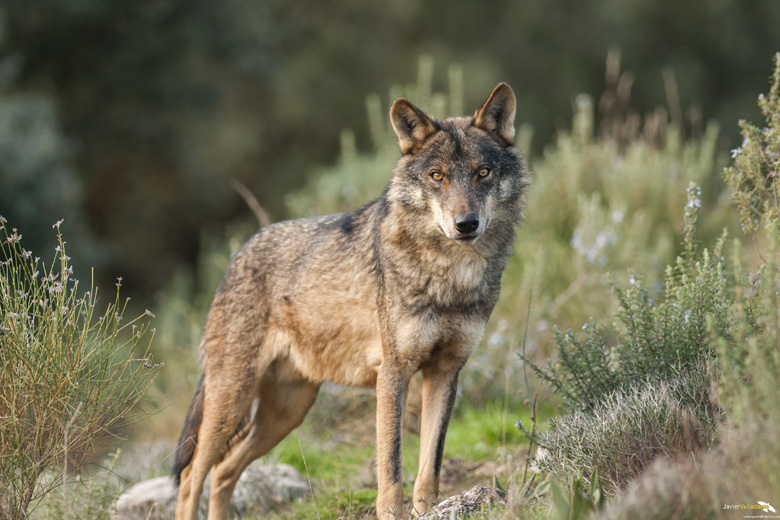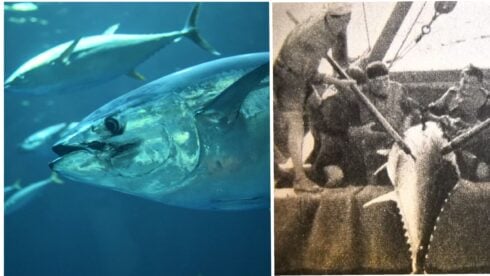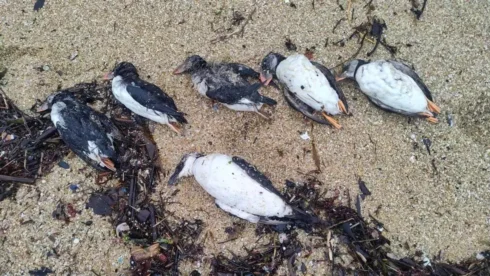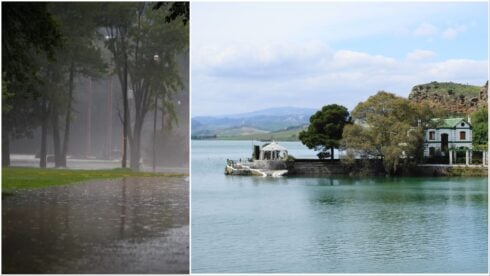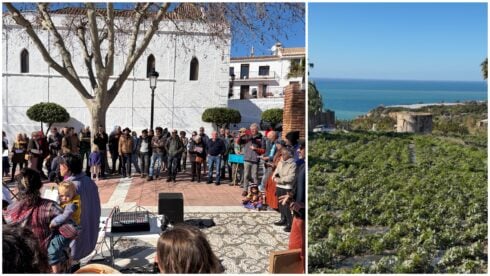THE wolf has divided society for centuries but now it will be protected in Spain after a ban on hunting comes into action from September.
The Spanish government will declare the wolf a “wild animal under special protection” which means hunting it is illegal.
It will bring to end decades of hunting which almost drove the wolf to extinction on the Iberian peninsula.
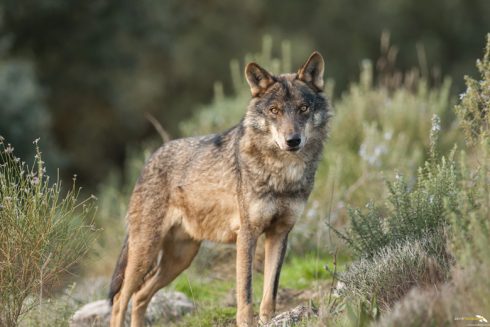
Traditionally, the wolf has been portrayed as a figure of evil in popular culture, preying on characters from Little Red Riding Hood to the Three Little Pigs.
After progressive measures to preserve the animal in some northern Spanish regions, the wolf has become an asset to the tourism industry in places like Zamora.
Until now, hunting was allowed in some regions on a strictly controlled basis.
Spain and Portugal are now thought to be home to about 3,000 wolves, the largest lupine population in Europe, according to data from Ecologists in Action, a conservation group.
Yet opposition to the move persists not just among hunters who believe the wolf must be stamped out.
Wolves kill some 15,000 farm animals across the country every year, according to the Spanish agricultural association COAG.
Lobo Marley, a pressure group which campaigns to protect wolves, estimates that about 300 are killed by hunters every year.
Peru Carlos de Munain, a livestock veterinarian in the Basque town of Errigoiti in northern Spain, said prohibiting hunting will not solve the conflict between farmers and the wolf.
“There are many other ways to deal with wolves which will be more effective. Creating pens for the sheep at night, or places for shepherds to stay at night, or using GPS trackers to give some warning of wolf attacks might be better ways,” he said.
READ ALSO:
Click here to read more Spain News from The Olive Press.

